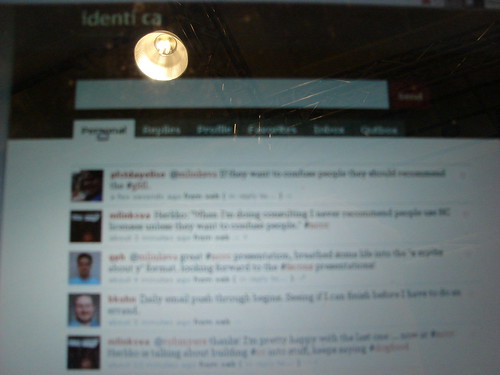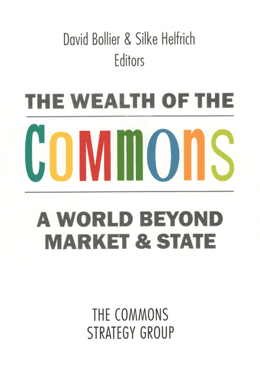Firefox 22, as of last week the general release which the vast majority of Firefox users will auto-upgrade to, includes the “change HTML5 audio/video playback rate” feature that I submitted a feature request for a few months ago. Yay!
It’s a fairly obscure feature (right-click on HTML5 audio/video, if site hasn’t evil-y overwritten default user actions) but hopefully knowledge of it will spread and millions of users will save a huge amount of time listening to lectures and the like, and also come to expect this degree of control over their experience of media on the web.
…
The next feature request that I really want Firefox developers to address rapidly is Implement VP9 video decoder in Firefox. The next generation of the WebM royalty-free video format uses the VP9 and Opus video and audio codecs, each a large improvement over the currently used VP8 and Vorbis codecs. (For the possible next-next generation free/open video codec, see Daala.)
To date the free/open world has fared very poorly in getting adoption of free/open formats (audio/video as well as document formats), even when they’re clearly technically superior to the encumbered competition (eg Vorbis vs MP3).
(Credit where due, the availability of competitive free/open formats and whatever adoption they’ve gained has probably had large unseen positive effects on consumer welfare by restraining the pricing power of patent monopolists. Similarly the “Linux desktop” has probably invisibly but very significantly increased consumer welfare. I’d love to see an academic analysis.)
If free/open formats are important, all concerned ought to take a close look at why we have failed thus far, and how we can increase our chances going forward. Yes, adoption is hard, network effects of existing formats a very powerful, and commercial relationships needed to gain massive default adoption are hard to break into. The last is one reason we need more billion dollar open source organizations.
But I think we’ve done a poor job of coordinating the free/open/nearby entities that are already large (in terms of presence, if not dollars) to push for adoption of free/open formats, especially at the critical juncture of the release of a new format, during which time there’s some excitement, and also a period of technical superiority (for audio/video anyway, each generation leapfrogs previous capabilities).
The obvious entities I have in mind in addition to Mozilla are Wikimedia sites and the Internet Archive. It took over 2 years for Wikimedia Commons to support WebM uploads (maybe the first) and though the Internet Archive accepts WebM uploads, it still transcodes to the far older Theora format, and for audio doesn’t support Opus at all.
Granted none of these entities have supporting free/open formats as their top priority, and supporting a new format is work, and these are just the highest profile relevant entities in the free/open/nearby world. Can we overcome this collective action problem for the benefit of all?
…
Very tangentially related, I just noticed the first failure in my video hosting longevity experiment. Goblin.se seems to have moved to serving files from a CDN, without setting up redirects such that old embeds still work.




